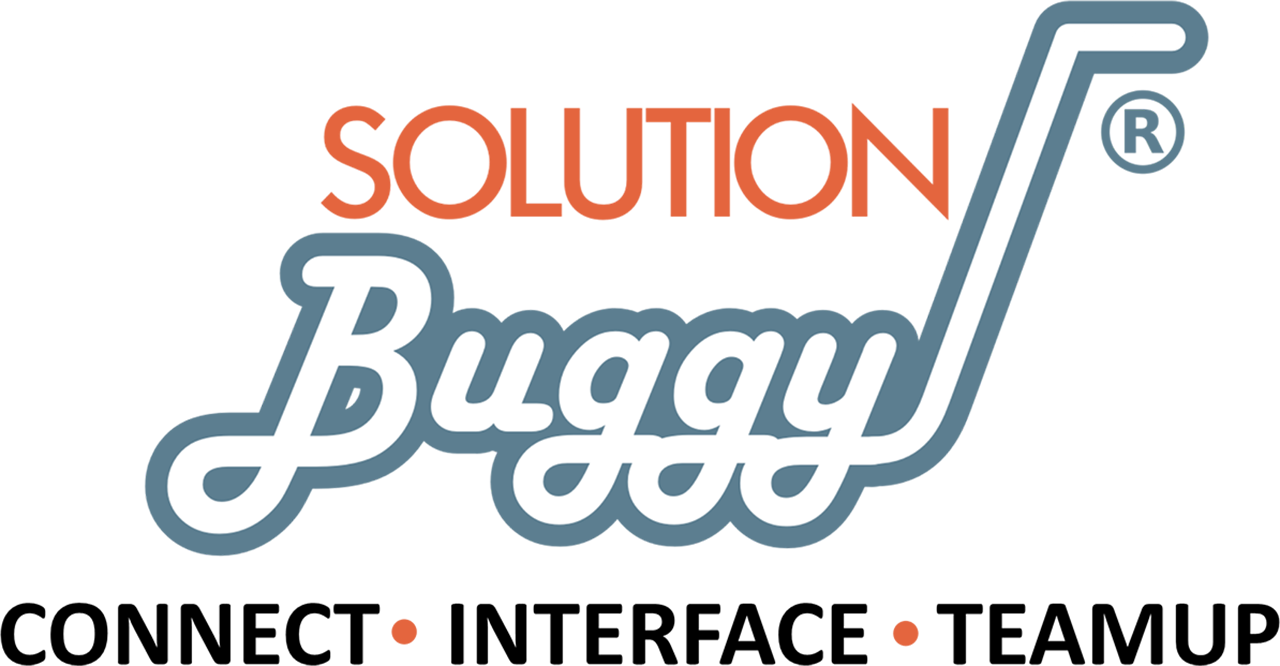Advancements in information technology (IT) have revolutionized the landscape of custom-made nutrition. IT enables the analysis of microbiome, metabolomics, and genomics data, paving the way for tailored dietary interventions. Through predictive modeling, IT tools assess health conditions and disease risks based on personalized nutrition data, empowering individuals to make informed dietary choices. custom-made nutrition platforms leverage IT to connect users with food manufacturing industry experts, fostering a collaborative approach to personalized dietary interventions.
Moreover, IT contributes to the development of personalized nutrition products, addressing individual health disparities and enhancing public health outcomes. By harnessing IT, personalized nutrition technologies aim to prevent diseases and improve overall well-being, propelling the future of nutrition toward a more personalized and impactful realm.







